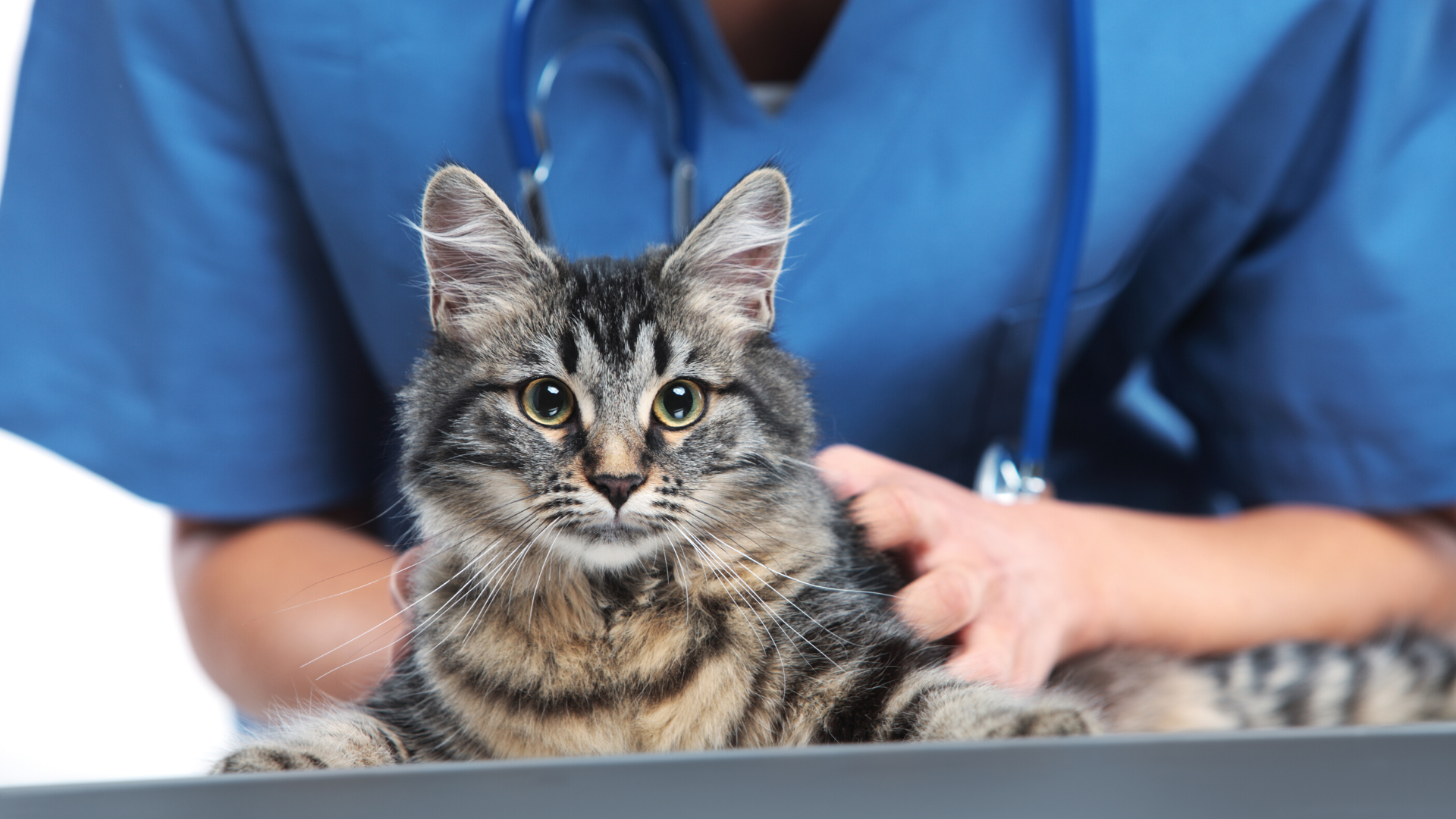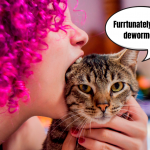Cats are unique creatures which prefer going their own sweet way. Wild by nature, they are also prone to stress and certain diseases. However, first symptoms are often neglected by cat owners because of reserved behaviour of these animals. The condition usually becomes diagnosed too late when it becomes dangerous to the health of the cat. Unfortunately, we know it very well from our experience – Luis, our first cat, struggled with kidney disease, while Figo has recently been diagnosed with an incurable heart disease, with which he will live until the end of his days. Knowing how difficult this topic is, we decided to raise it on the blog. What are the most common symptoms and cat diseases? How should we react to them and when should we schedule a vet visit?
A sick cat is a grumpy cat – first symptoms
Cat owners often tend to underestimate first signs of cat diseases. Unfortunately, our fur-iends may suffer various health problems, but some symptoms don’t become noticeable at once, due to their secret nature. These signs usually include:
– changes in the cat’s behavior: aggression, apathy, excessive sleepiness, problems with movement, unnatural stimulation, unwillingness to play or activity in general, quick fatigue during activity, excessive licking, hypersensitivity to touch, avoiding contact with people;
– changes in the cat’s appearance: the fur becomes rough, tousled, sticks out from the skin, falls out excessively. The cat is scratching itself more often than usual and scabs and wounds appear on the skin as well as palpable bumps and growths;
– physiological symptoms: vomiting, diarrhea, fever, sneezing, wheezing, tearing, runny nose, difficulty in breathing, heavy, fast breathing, panting with open mouth, irregular bowel movement, too frequent visits to the litter box, long stay in the litter box, problems with urination or excessive urination, getting out of the cuvette, flatulence and hard stomach, frequent licking around the anus, urethra or stomach;
– eating disorders: lack of appetite or overeating, weight loss despite eating, problems with biting food;
Every cat caretaker should monitor his pet’s behavior in order to be ready to react asap. Even the minor symptoms can indicate a serious illness, so each of them should be followed by a vet visit – they earlier your cat is diagnosed, the bigger chance to recover it has.
Vet visit
In case of noticing any odd behaviour, we recommend you take your cat to the vet immediately, after first worrying symptoms. Even a slight change in their daily routine may be caused by a dangerous illness, which in extreme case can be followed by our kitty’s death. Regular vet visits have great importance in preventing the development of serious diseases.
Everyone who experienced that perfectly know that a vet visit is a stressful event for felines as well as their caretakers. A cat may feels uncomfortably not only because of the vet’s procedures, but also because of the whole depressing atmosphere of the veterinary clinic. Therefore, we have to prepare the animal to the visit with proper care. A sick cat can act differently, so we have to take it to the vet in a pet carrier. Also, stressed and sick feline shouldn’t be left alone. If it has their favourite toy, take it with you to distract the cat. Even if you are familiar with all of your cat’s quirks, you should be prepared that shock or development of a disease can cause unusual behaviour in the animal. It can become a real scaredy-cat. Or an aggressive one.
Recovery at home
This stage should begin after our observations and a visit to the vet, who made an accurate diagnosis and recommended a treatment method appropriate for the symptoms and results. If the cat does not require hospitalization, having the right medicines and knowing the dosage, we can effectively treat the cat at home, and a familiar and friendly environment will certainly facilitate his recovery. A sick cat also has more responsibilities related to caring for a cat, applying medicines, liquids and supplements. Depending on the disease, it may even be necessary to apply subcutaneous drip, but don’t worry – by asking your doctor or veterinary technician for instructions, we’ll easily learn this activity without the risk of harming the animal. In order for the cat to recover quickly, we should not forget about the regularity in the administration of drugs and the proper diet, on the basis of which the veterinarian usually prescribes the right specifics. If the treatment works, and the cat’s behavior, appearance and physiology show a marked improvement, make sure everything’s fine – a check-up visit to the attending physician is a great way to make sure that the animal is recovering.
You should remember that cat diseases most often attack young and old buddies. Their owners should pay special attention to them, not only during a bad condition. We should also avoid treating animals with home remedies, because only vets are able to make the accurate diagnosis.
What is your experience? Maybe your cats showed symptoms of the disease, which we have not described, and it is also worth paying attention to them? Every comment will be very precious.




